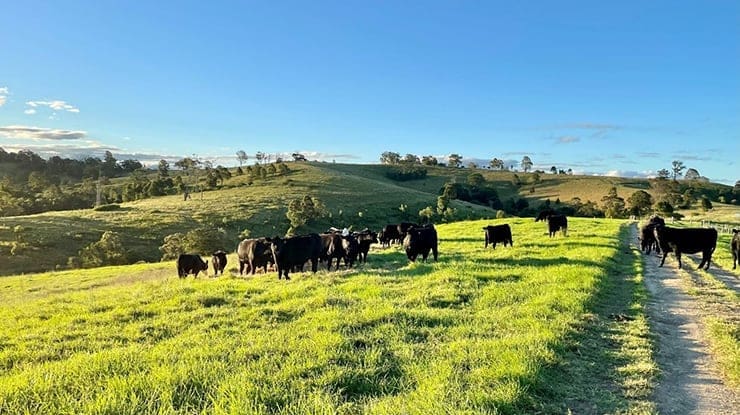A FEDERAL Government proposal to make large companies disclose climate risk has raised concerns that it could flow through to farm level, creating unnecessary cost and red tape.
Submissions recently closed on the planned “Climate-related financial disclosure” legislation, which will make companies adhere to an international sustainability reporting standard called the ISSB.
The acronym-filled legislation basically means that companies exposed to climate change-related financial risks will need to disclose their risks – if they meet two of the following three criteria by 2027-28:
- The consolidated revenue for the financial year of the company and any entities it controls is $50 million or more
- The value of the consolidated gross assets at the end of the financial year of the company and any entities it controls is $25 million or more;
- The company and any entities it controls have 100 or more employees at the end of the financial year.
“The Government has committed to ensuring large businesses and financial institutions provide Australians and investors with greater transparency and accountability when it comes to their climate related plans, financial risks, and opportunities,” the consultation paper said.
Processors likely impacted
While most Australian producers will not be directly impacted by the legislation, with the exception of some of the corporates, supply chains may require the reporting from producers.
Processors are likely to be involved and by 2025-26 they will need to report their scope 3 emissions, which are the emissions attached to the goods they purchase.
Beef Central understands there has been some concern that it could mean different climate disclosures for different supply chains.
The issue was raised at the recent New South Wales Farmers annual meeting, which resolved to oppose the proposed legislation, to call for standardised reporting if it is passed and make customers pay farmers who are handing over the information.
MLA and Cattle Australia raise concerns
Meat & Livestock Australia and Cattle Australia were both consulted about the incoming legislation at the start of this year and both raised concerns about the impact the legislation will have on producers.
Cattle Australia’s submission said the complexity of the legislation needed to be recognised.
The reporting burden associated with a potential CRFD (Climate Related Financial Disclosure) framework in terms of costs, time and manual effort needs to be acknowledged, managed, and streamlined so it does not unfairly impact on specific industries and businesses to the point of competitive disadvantage.
This is particularly important when it comes to our agricultural producers and food supply chains which already experience significant costs pressures and mounting compliance burdens.
CA reiterates that the future impact that CRFD may have on Australia’s food producers and supply chains needs to be better understood, which is important when contemplating an application of mandatory reporting on entities.
CA urges that any mandatory application of CRFD must be implemented with a reasonable transition period for businesses and relief provisions provided to enable all entities impacted along supply chains the time to build in necessary methodologies, systems and reporting structures for compliance.
MLA’s submission said there was issues with the international standard the Government is planning to use.
The red meat industry is concerned about the proposed use of the ISSB standards. The ISSB standard requires exclusive use of GHG Protocol for quantification of GHG emissions and removals.
Requiring the GHG Protocol will be burdensome for the agricultural sector, and will create disincentives for land-based sequestration and associated carbon offsets if the current draft GHG Protocol Land Sector and Removals Guidance is not substantially revised in the final version.
- To read the proposed legislation click here, to read the Cattle Australia submission click here and the read the MLA submission click here.

